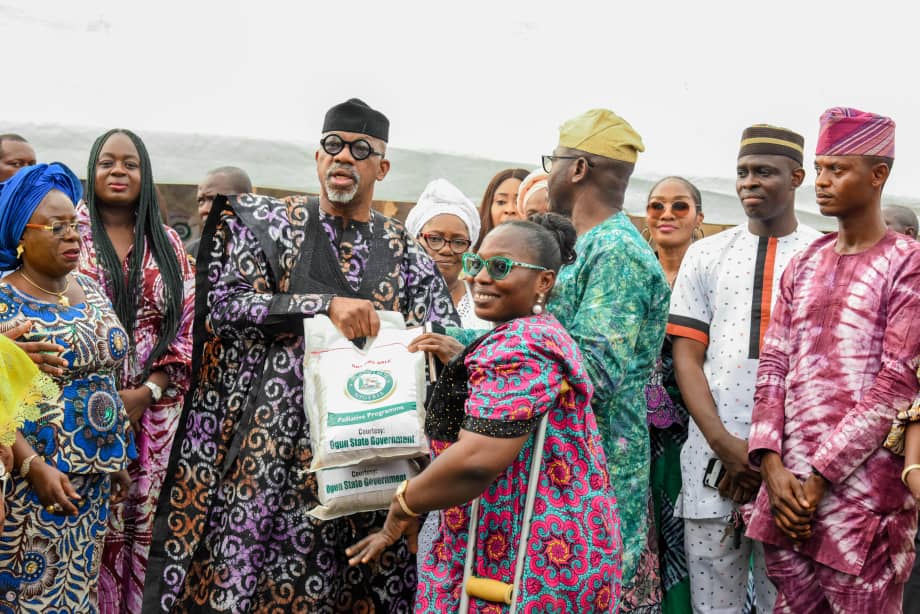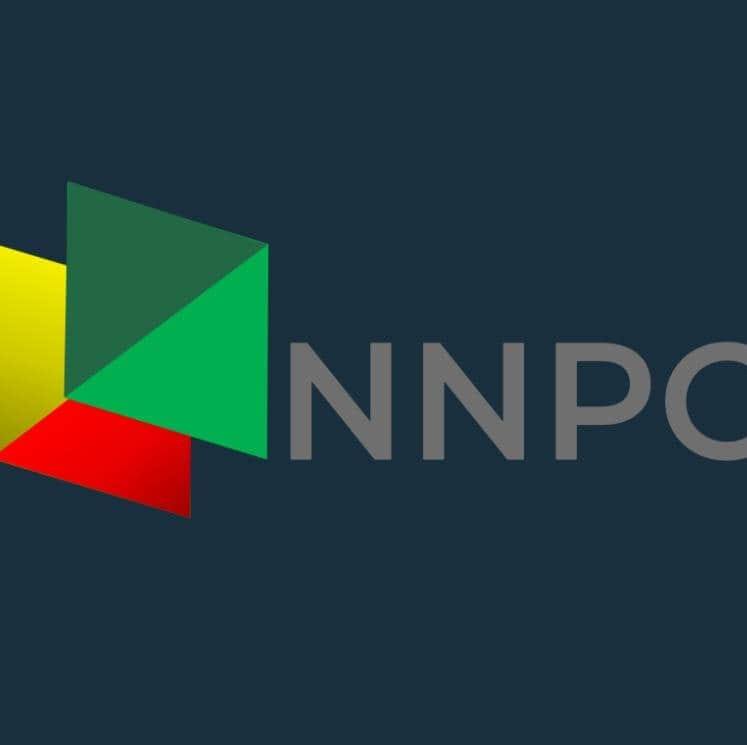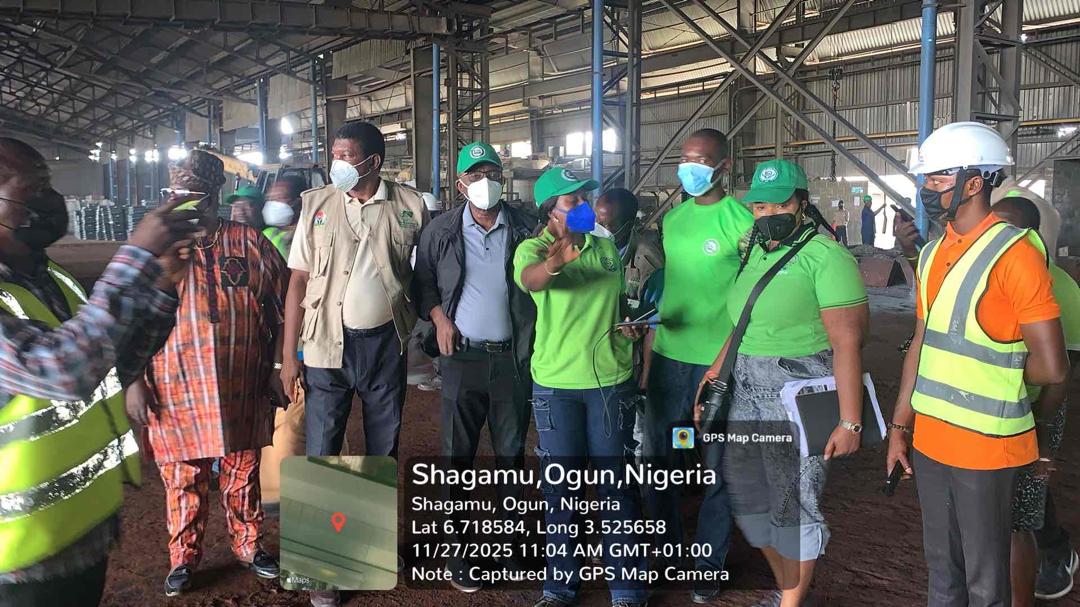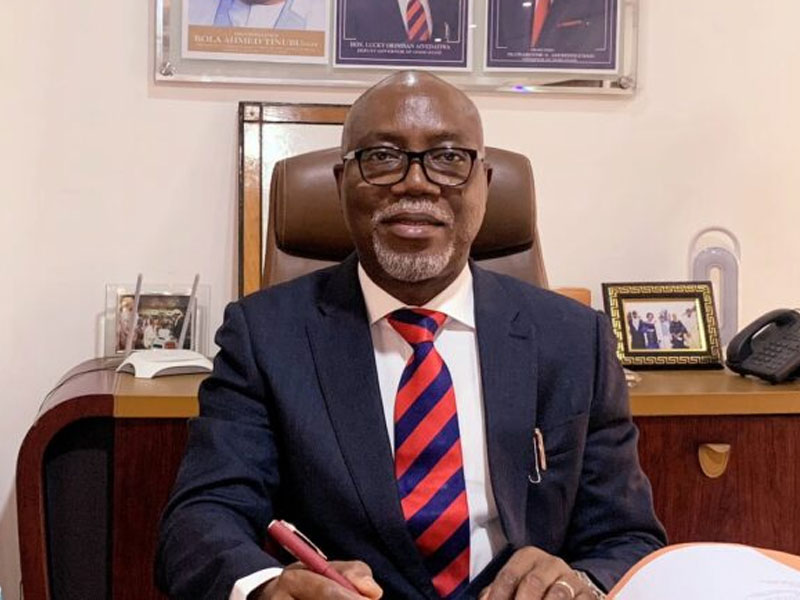By Nudoiba Ojen
Ogun State Government has begun distribution of 300,000 bags of rice palliatives to citizens of the state.
The state government said it was in line with the promise made by the governor, Prince Dapo Abiodun, to ensure the immediate distribution of the palliatives.
The state government has repackaged the 300,000 bags which were initially in 50kgs bags into 10kg bags for easier distribution among the populace.
The governor acknowledged that the palliatives were sent to states by the Federal Government and had been domesticated by the state government.

The governor, who spoke in Abeokuta, the state capital, while flagging off the palliatives distribution exercise, said, “This is a Federal Government initiative under the leadership of President Bola Tinubu that is being domesticated right here in Ogun State.
“Our desire in the first instance is to distribute about 300,000 bags of 10kg rice across our 5,400 polling units.
“We have decided to use the polling units as a reference of distribution, not wards, because we realized that using wards won’t be equitable. So we decided that we will use the polling units as a point of reference,” he said.
Abiodun noted that a committee made up of eminent men and women of distinguished character had been set up to oversee the distribution of the palliatives.

He said that the committee, chaired by his deputy, would ensure that the palliative distribution is effectively implemented, while the 20 local governments will also have similar committees.
The governor, while commending President Tinubu for conceptualizing the programme to cushion the effect of the removal of the fuel subsidy, said that his administration had classified the various interventions of the president, which his administration has domesticated into the immediate, medium and long terms.
Abiodun said, “We started, as you recall, by paying N10,000 transportation allowances to all our public servants, including pensioners and teachers across the board. We also decided that not more than 80 per cent of our workforce need to come to the office at any point in time.
“We have begun paying different allowances including hazard allowances. We began offsetting backlog of different payments, be it pensions, gratuities, deductions, and all other payments as we see them as part of the cushioning effect of the removal of subsidy,” he said.

The governor also disclosed that his administration would be providing health insurance coverage for pregnant women across the state to allow them to visit the primary, secondarybor tertiary health care centres.
He said, “We will also be providing for all our pregnant women across the board in Ogun State with our Ogun State Health Insurance Cover called ‘Ibi Dero’.
“This will cover their pre-natal engagements and also post-natal consultations for up to six months, meaning that you can go to a Primary Health Care Center, Secondary Health Care or a Tertiary and consult Pre-natal, give birth for free because the state government is bearing the cost of all that,” he said.
The governor also disclosed that his administration would be extending the palliatives to indigent students across the state.

While also disclosing that his administration would soon commence its energy transition programme which would allow state-owned buses to use Compressed Natural Gas (CNG), Prince Abiodun added that the commencement of its E-mobility programme would allow his administration to replace petrol-powered motorcycles with electric motorcycles at the expense of the state.
Earlier in their separate remarks, the representatives of the Community Development Associations (CDAs), Usman Olamilekan, and the Nigeria Union of Pensioners (NUP); Comrade Bola Lawal praised Governor Abiodun for his open-door policy.
Also, the Iyaloja General of Ogun State, who is also a member of the committee, Alhaja Yemisi Abass, commended the governor for providing more rice to complement the ones sent by the Federal Government.
In an interview, Mrs Ileyemi Olayinka representing people with special needs appreciated Governor Abiodun for the rice palliative given to them, noting that such programmes would help the people of the state to continue to persevere.




